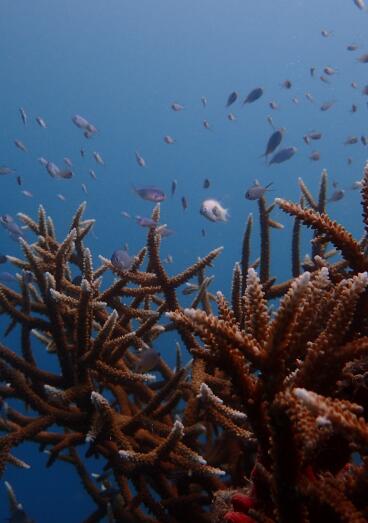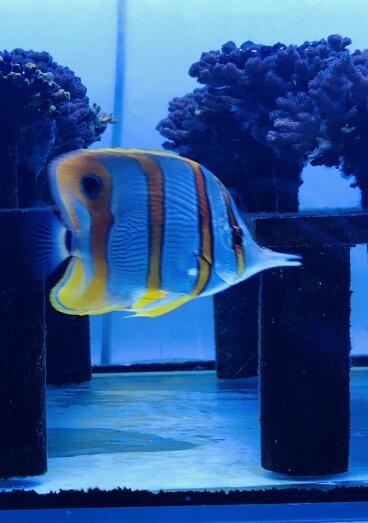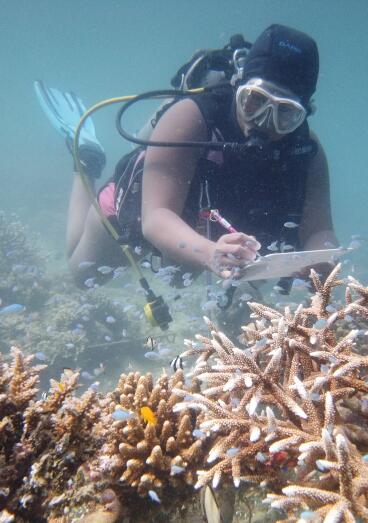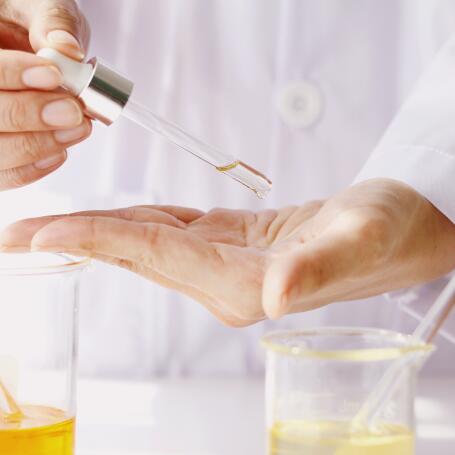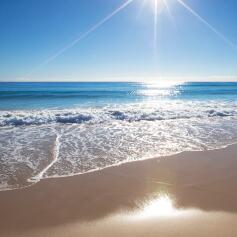Eco-conscious sun care formulas with optimised/improved biodegradability*
Our commitments to limit the impact on the oceans
HOW TO PROTECT SKIN FROM THE SUN WHILE LIMITING THE IMPACT ON THE MARINE ECOSYSTEM
The Eau Thermale Avène laboratories are trying to respond to the problem with high-performance sun care products formulated to limit their impact on marine life.
For Eau Thermale Avène, this involves both strong commitments and concrete decisions.
Avène suncare products are formulated with these priorities in mind: , efficacy and optimal tolerance, even for the most sensitive skin.
All the filters in our sun care products have been tested on 3 key species of marine biodiversity**: coral, phytoplankton and zooplankton.
**Tests carried out by the Observatoire Océanologique de Banyuls-sur-Mer, a partner of the European Marine Biological Resource Center, on 3 key species of marine biodiversity - a species of coral, phytoplankton and zooplankton - at concentrations representative of those found in the environment for sunscreens.TriAsorB™ was tested with the same methodologies and by the same researchers as in the following publications: Stien, D. et al. A unique approach to monitor stress in coral exposed to emerging pollutants. Scientific Reports 10, 9601 (2020). Thorel, E. et al. Effect of 10 UV Filters on the Brine Shrimp artemia salina and the marine Microalga Tetraselmis sp. Toxics 8, 29 (2020).
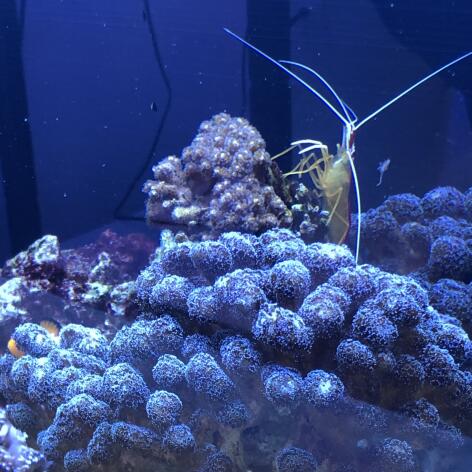
Concrete evidence of our commitment to sun protection
Non-ecotoxic sun filters**
Concrete results of our actions thanks to an impact study
*OECD301B test
**Tests carried out on species representative of marine biodiversity by the Observatoire Océanologique de Banyuls-sur-Mer, a partner of the European Marine Biological Resource Center, on 3 key species of marine biodiversity - a species of coral, phytoplankton and zooplankton - at concentrations representative of those found in the environment for sunscreens.TriAsorB™ was tested with the same methodologies and by the same researchers as in the following publications:

Playing YouTube videos requires the use of cookies in order to offer you targeted advertising based on your browsing For more information, please visit YouTube's « cookie » policy.
You have rejected Youtube's cookies and therefore you cannot view the video.
You can change your choices by clicking on « Cookie Settings » and accept Youtube's cookies to enable the video.
You can change this setting and withdraw your consent at any time.
THE RESULTS OF OUR ACTIONS ON THE BALI REGION MARINE ECOSYSTEM
- 1.7x
More fish*
- 2.5x
More coral*
- +20
Coral species in the area where the action was carried out*
*Evolution since 2016. Impact study, pejarakan Bali, July 2022 - carried out in partnership with PUR Project
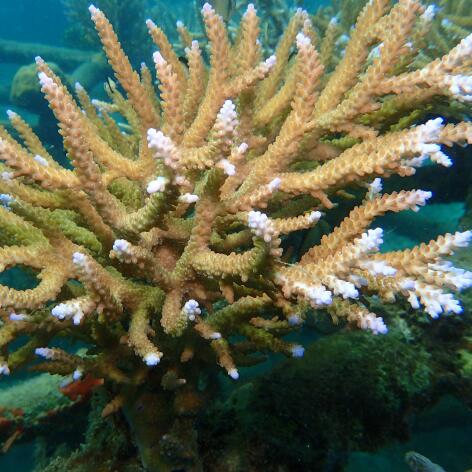
The oceans are a rich, essential source of life, thanks to their regulation of the earth's climate balance:
- Coral is a major ecosystem for the reproduction and preservation of many marine species.
- Phytoplankton, the "green lung” of the planet, produces 2/3 of the oxygen we breathe.
- Zooplankton is the primary consumer of organic matter in the oceans and plays an essential role in the functioning of the marine food chain.
This fragile ecosystem is now threatened by a variety of factors responsible for the extinction of hundreds of species and the depletion of resources: global warming, rising sea levels, etc. But it’s also under threat from pollution from sun creams and their filters, which are a danger in their own right to the oceans. This is why Eau Thermale Avène is committed to limiting its impact on the ocean.
more
- Discover Eau Thermale Avène "Skin Protect” formulation chart
Eau Thermale Avène "Skin Protect” formulation chart
Which skin care routine should you adopt?
Identify what it really needs with the help of our experts and discover the most suitable skin care routine for you.

